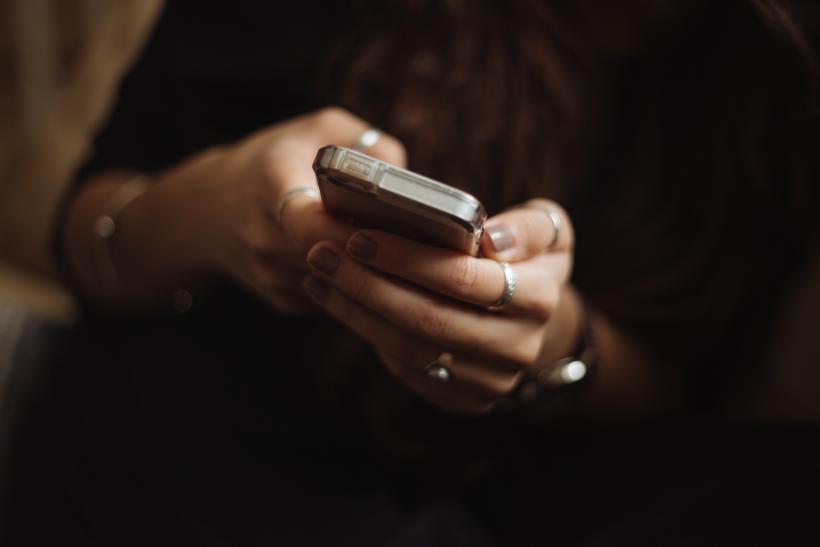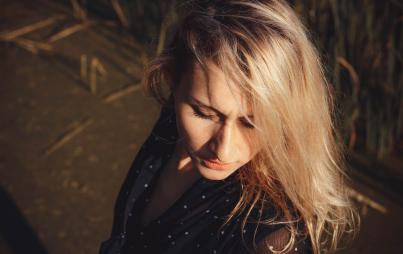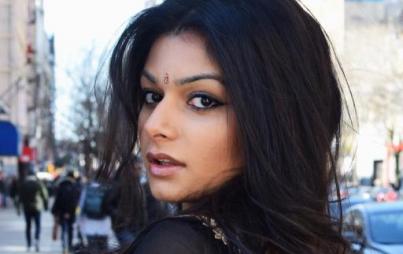
Photo by Priscilla Du Preez on Unsplash
I met Luis on Tinder. After he asked me out to happy hour, and I repeated what was already on my profile — no alcohol — we decided to meet up for a late-night coffee. In the back of the brightly lit and sparsely populated café, we were struggling for conversation when he asked why I didn’t drink. I told him that I used to booze too much. I’d been sober for ten years. He asked if that included wine.
"Even wine," I said.
He asked if I went to bars. I told him no.
And then he seemed really confused: “But what do you do for dates?”
I looked at him, and then I looked at the coffee in front of me. “This,” I said.

My date with Luis was both atypical and not surprising. At a decade sober, I was usually better at weeding out men who didn’t quite understand sobriety. But the reality is that in our culture, and specifically on Tinder, where profile after profile mentions mezcal or whiskey as one of their five interests, and the standard invitation is for a cocktail, dating and drinking are intertwined.
You Might Also Like: 5 Tips For Finding Love Online
In fact, the drunken hookup is so normalized that a sober chat and coffee is considered extra credit in one philosophy class at Boston College. Professor Betsy Cronin told the Washington Post that going on an alcohol-free, middle of the afternoon date is “a weirdly countercultural thing to do.”
It makes sense. When I was still a drinker, I felt most comfortable flirting in dark and loud bars in that wavy drunken state. So when I got sober, the idea of dating and what might come of that — sober sex — terrified me.
At first, I fumbled. I had to struggle with the daylight, with really being able to see someone, and the most terrifying thing—the possibility of being seen myself. But I also had to struggle with logistics: should I tell them I was sober? Should I meet up in a bar and just drink soda water? Should I date someone who drank at all?

After five years of swiping on and off, here is what I have learned:
Put it out there.
In the beginning, I didn’t write that I was sober in my tagline. I figured I would tell them once we met up. I thought putting it out there would give me fewer matches or that fewer men would chat with me. But then I realized that dating is not about quantity but about finding a good fit. If I turned someone off because I didn’t drink, we were never going to be a good match.
So I changed my profile, playing around with different terms. For a while, it read “sober bookworm,” now it is just “non-drinker.”
And it turns out now a lot of people message me specifically because of my non-drinking status. They might be sober themselves or health nuts or simply moderate drinkers who don’t enjoy socializing with alcohol (these people exist —something I never believed in the throes of my alcoholism). My sobriety connects instead of acts as a barrier.
While practicing self-acceptance, also practice boundaries and asking for what you want.
Another debate I had was how to manage when someone asked me out to drinks. At first, I just said yes and ended up at bars sipping my seltzer while they awkwardly decided if they should have a beer or a soda. But then I realized, I had no desire to go to bars, and I could ask for something different. I could ask for what I wanted.
And so now my standard response to someone asking me for drinks is: “Would love to hang, but I don’t drink. Will have to be coffee :).”
Most respond without hesitation with some version of “Great! I don’t like drinking too much anyway. Tomorrow at five at _____ coffeeshop?”

Some even get inventive and think of more unique activities: the Russian bathhouse, MOMA, a picnic, an urban hike. Just a couple have reacted poorly. Recently one said, “No, I will only do cocktails.”
Um, okay, but thanks for saving my time.
Feelings are bearable; learn to feel them, and it gets easier.
When I drank, I didn’t have to deal with discomfort because I specifically used alcohol to avoid it. And so, when I got sober, much of the early work was merely sitting in those feelings: the anxiety of talking to a stranger, the awkwardness of trying a new sport or anything I was bad at, the risk of interviewing for a job.
Dating without alcohol to take the edge off, I was faced with bearing all the uncomfortable feelings: the self-consciousness, the insecurities, the excitement, the disappointment. Dating is triggering. Emotions are magnified. But this is the thing, the more I did it, the easier it got. It is the secret, the more you put yourself out of your comfort zone, the higher tolerance you get. And it goes for all feelings. Rejection becomes easier. Nerves dissipate faster. Now, I lean into the butterflies.
The best thing about the sober date is also the worst: you get to know the person in front of you.
Sober, in front of a stranger, I can’t help but listen to the person in front of me. And they listen to who I am. (Or don’t, and I notice.)
When I drank, I remember the murkiness of my attraction, how at the beginning of the night I could feel lukewarm and by the end be ready to go home with them, not because in the hour they had shown they would be good to me, but because the alcohol had dulled the part of me that was saying no.
Now, I am aware of the nuances of my experience of whoever I go out with. The good: the attraction, the butterflies, the excitement. And the not so good: the insecurities, the disappointment, the rejection.
And so, while I end up walking away from many of my encounters knowing I will never see them again — the fail rate of the sober date seems much higher — when I do say yes, it is a powerful yes, and wholly my own.








